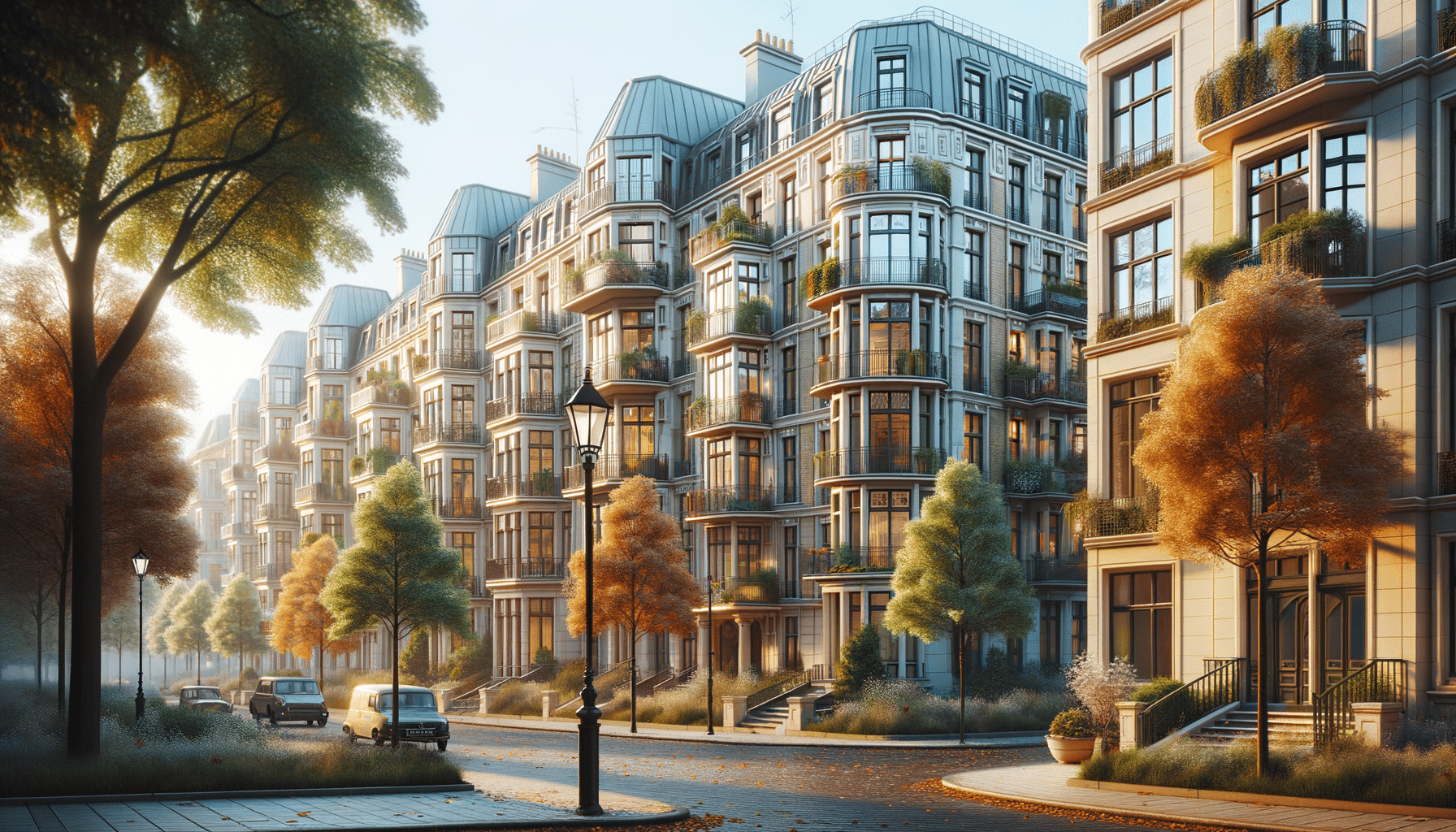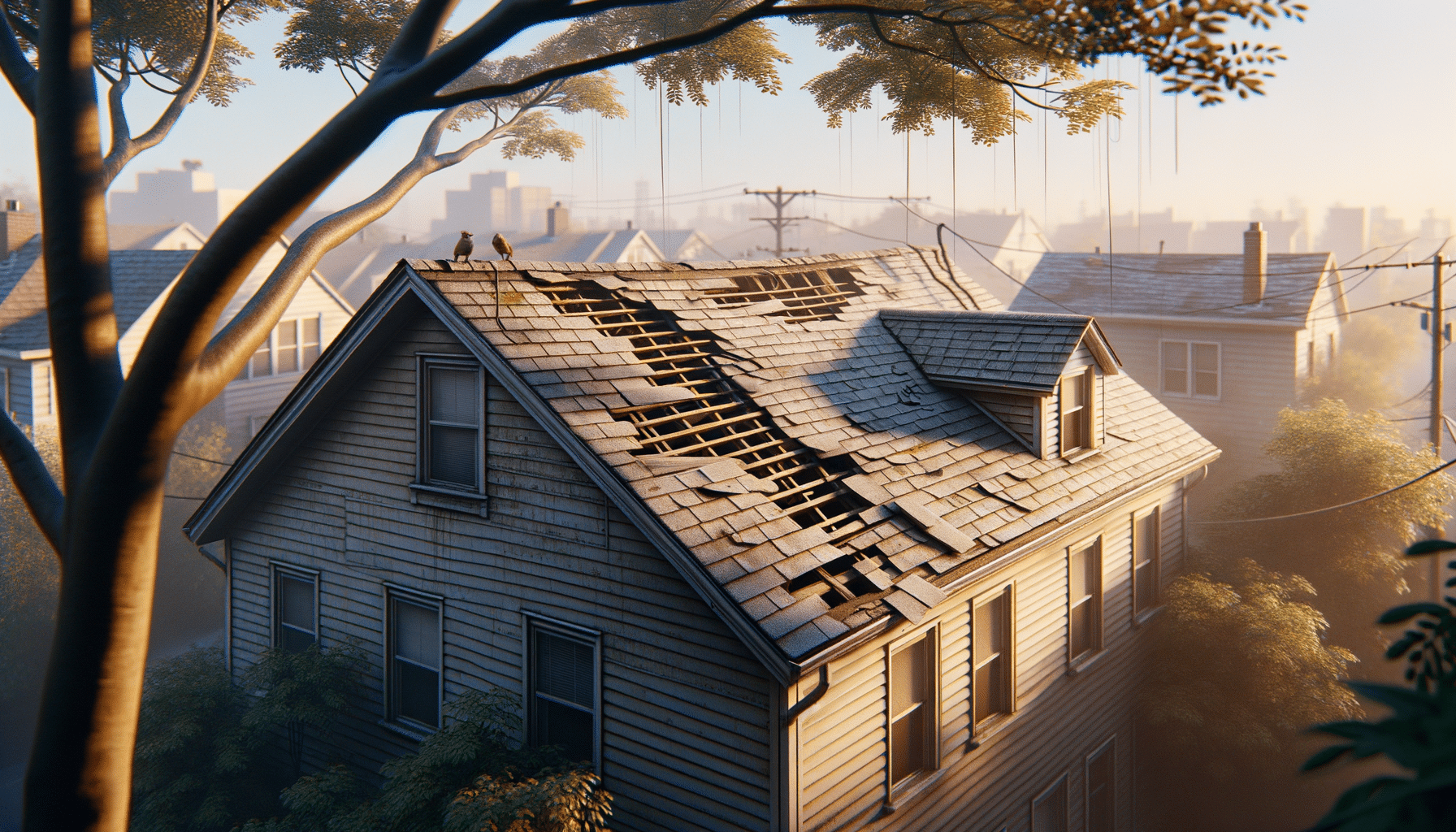
Transforming Small Spaces: Tips and Tricks for Cozy Interiors
Transforming a small space into a cozy haven might seem daunting, but with the right design strategies, even the tiniest of rooms can exude warmth and comfort.
Understanding Space Dynamics
Small spaces present unique challenges, yet they offer opportunities for creativity and innovation. According to a study by the American Institute of Architects, optimizing spatial flow is crucial in small homes. This means considering how furniture placement and room layout can impact movement and usability.
Expert Insights
Interior designer Emily Henderson emphasizes the importance of multifunctional furniture in compact areas. ‘A well-chosen piece can transform a room by providing both functionality and style,’ she notes.
Make the Most of Vertical Space
When floor space is limited, look upwards. Installing shelves or cabinets that reach the ceiling not only maximizes storage but also draws the eye upward, giving the illusion of a larger room.
Color Psychology
Light colors can make a room feel airy and expansive. Soft pastels or neutral tones can open up a space, while strategically placed mirrors can enhance natural light, adding depth.
Personal Anecdote
Consider the story of Mark, who transformed his small city apartment by using a light color palette and incorporating smart storage solutions. His space now feels twice as large and much more inviting.
Actionable Tips
- Choose furniture with hidden storage.
- Opt for a minimalist design to reduce clutter.
- Incorporate large windows or mirrors to enhance light.
- Use rugs to define spaces within a room.
Comparison Table: Small Space Design Strategies
| Strategy | Benefits |
|---|---|
| Vertical Shelving | Increases storage, enhances room height |
| Light Colors | Creates an airy and open feel |
| Multifunctional Furniture | Maximizes utility, minimizes clutter |
| Open Floor Plan | Improves flow and space perception |
| Mirrors | Amplifies light, adds depth |
| Rugs | Defines areas, adds warmth |
| Transparent Furniture | Maintains openness, reduces visual bulk |
| Smart Storage | Conceals clutter, optimizes space |
Conclusion
Transforming small spaces into cozy interiors requires creativity and strategic planning. By employing the right techniques, such as utilizing vertical space, choosing the appropriate color schemes, and incorporating multifunctional furniture, you can create a welcoming and stylish environment. Whether you’re in a tiny studio apartment or a compact house, these strategies will help you maximize every inch.
FAQs
How can I make a small room look bigger?
Use light colors, mirrors, and minimal furniture to create an open and airy feel.
What furniture is best for small spaces?
Opt for multifunctional pieces that offer storage and flexibility.
Are there specific colors that work well in small spaces?
Light neutrals and pastels can help make a room feel larger and more open.


